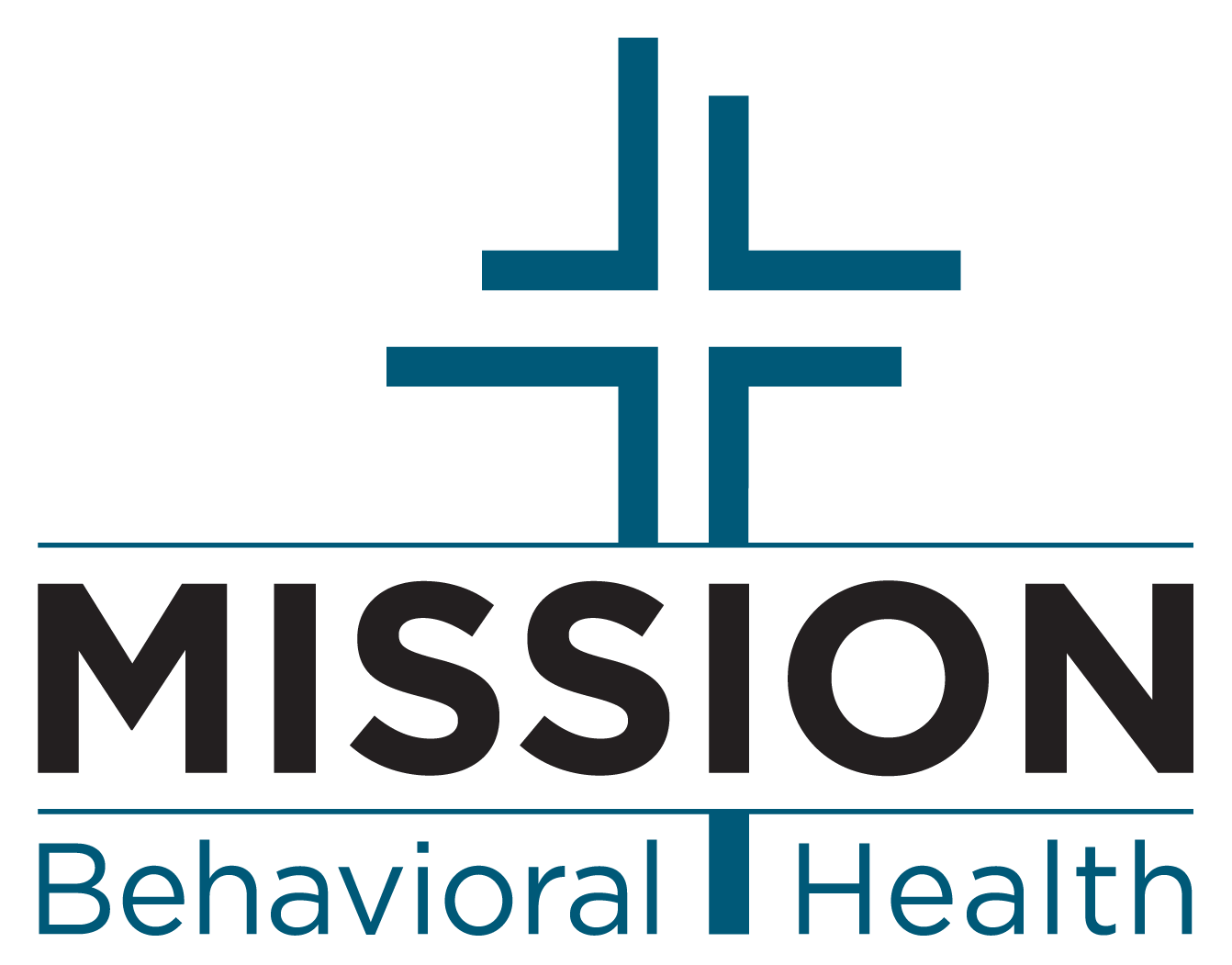Discharge & Follow-up
 Post-Discharge Care
Post-Discharge Care
A hospital visit can be overwhelming and intimidating for patients and their families. As a caretaker, your primary focus is on your family member's medical care, and the hospital staff shares this commitment. While it may not be top-of-mind now, it is important to consider what happens after you or your relative is discharged. Patients, family caretakers and healthcare providers all have roles in ensuring the patient’s ongoing health post-discharge.
Discharge Planning
According to Medicare, discharge planning is "a process used to determine what a patient needs for a smooth transition from one level of care to another." While only a doctor can authorize a patient's release from the hospital, discharge planning itself can be carried out by a social worker, case manager, nurse or another qualified individual. Especially for complex medical conditions, an ideal approach to discharge planning involves a team effort.
In essence, a discharge plan typically includes:
- Evaluation of the patient by trained personnel
- Consultation with the patient or their representative
- Preparation for returning home or transfer of care to another facility
- Assessment of the need for caretaker training or other support
- Referrals to relevant community support organizations or home care agencies
- Coordination of follow-up appointments or tests
The discussion should cover the patient's health status and physical condition both before and after hospitalization, specifics regarding required care, and whether discharge will be to home or another facility.
Mission Behavioral Health Post-Discharge Follow-Up
Our two-week post-discharge follow-up is crucial for the overall success of patient treatment. It aims to identify and address the patient's actions, misunderstandings, questions and any discrepancies in the discharge plan, as well as any concerns from caretakers or family members. The post-discharge follow-up is conducted relatively two weeks after discharge by a Mission Behavioral Health nurse or social worker.
The follow-up serves two main functions. Firstly, it ensures that the progress made during the patient's stay at Mission Behavioral Health transitions effectively to the home environment. Secondly, the nurse or social worker is available to answer questions, provide resources and offer recommendations if the patient or their loved ones encounter challenges.
During the follow-up call, the nurse or social worker reviews:
- The patient's current health status
- Medication details
- Scheduled appointments
- Home care services
- Plans for managing any potential issues that may arise
